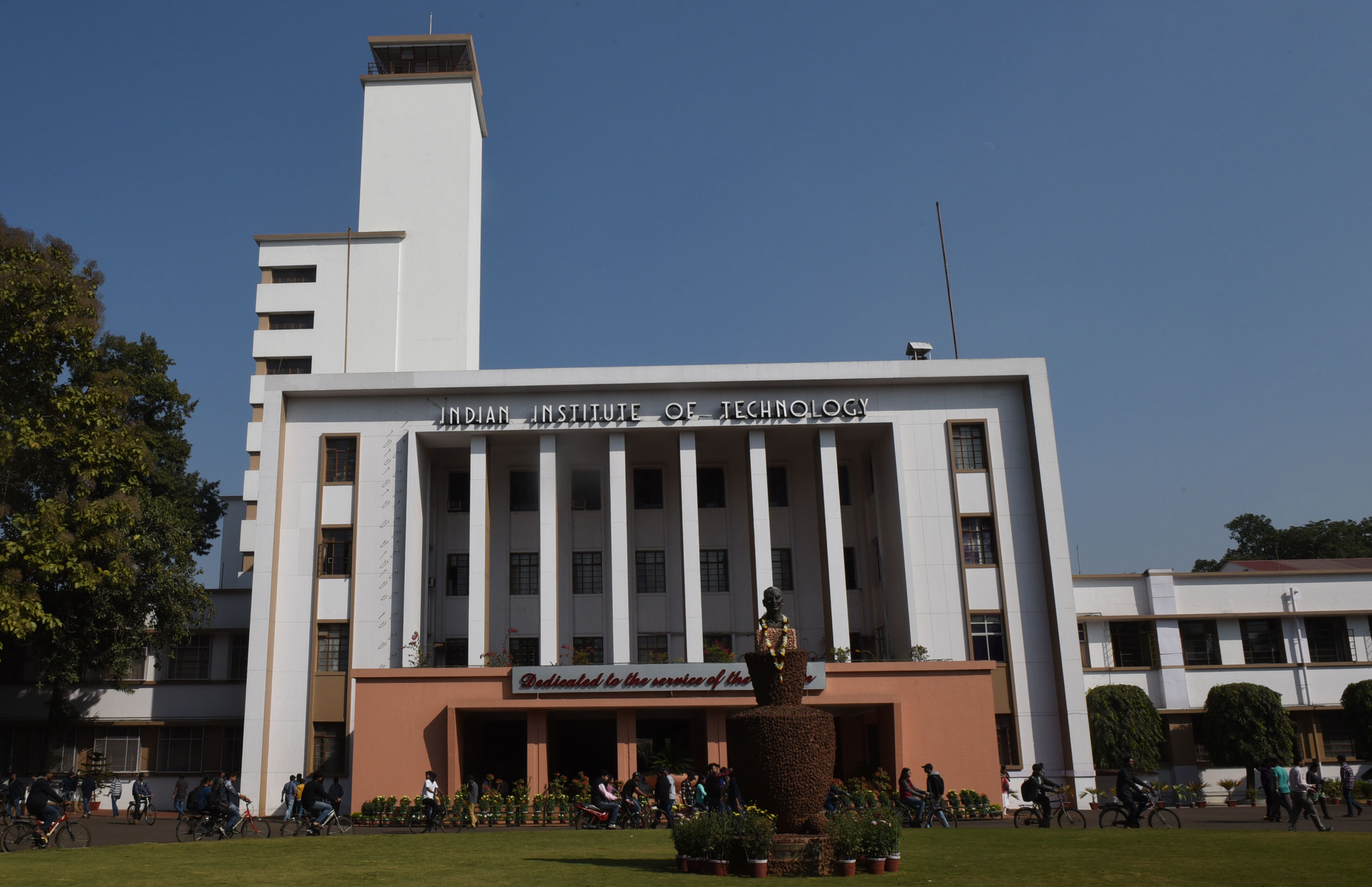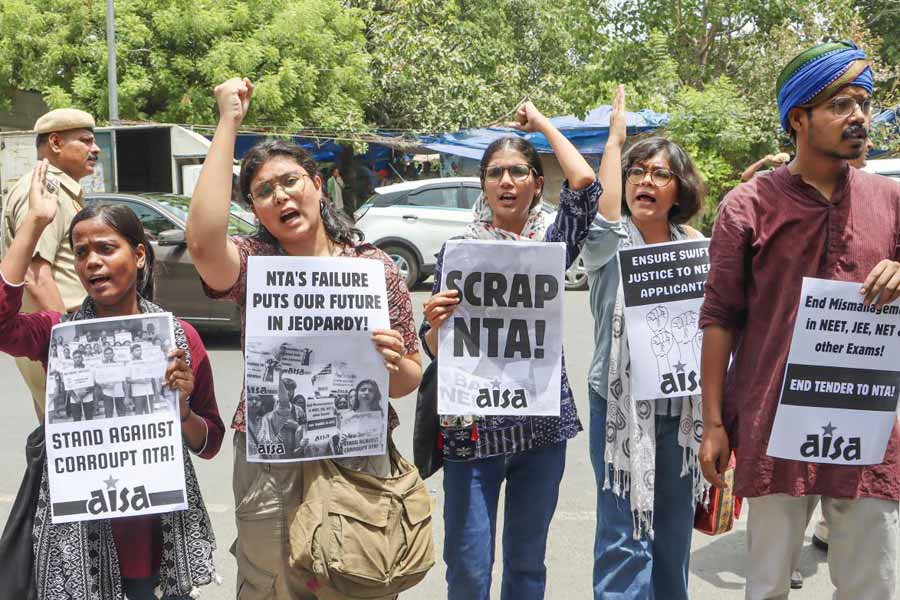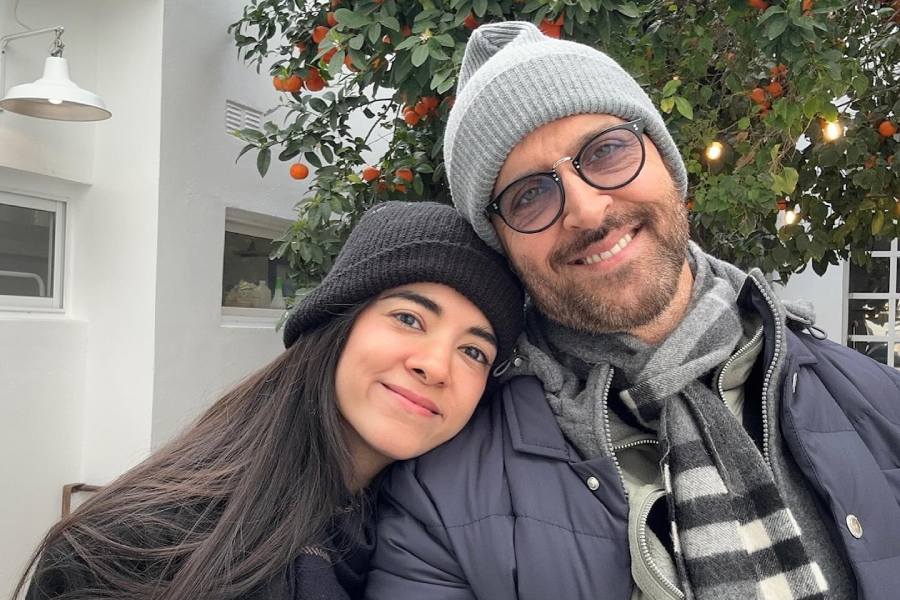A US firm has accused the Indian Institute of Technology, Kharagpur, of breach of contract and misappropriation of technology in what has become one of America’s longest-running legal disputes.
According to the California-headquartered MA Mobile, the Indian tech school breached a non-disclosure agreement signed in 2003 for a joint venture and commercialisation of the technology. The plan was to refine and market MA Mobile’s new technology platform for mobile computing.
One of the technology’s potential applications was a handheld device that would help Indian train ticket examiners access the passenger reservation system and find berths for wait-listed passengers, issue tickets and locate doctors on board during medical emergencies.
The 2003 agreement proposed a joint venture to advance the technology. But in 2008, the firm’s owner, Mandana D. Farhang, filed a case in a district court in the Northern District of California, seeking damages from the IIT for the “defendant’s actions”.
In the 2008 petition and another declaration submitted to the court in 2013, Farhang has said that by August 2006, she no longer had access to her own technology or its related applications.
In documents furnished in courts, Farhang has alleged that IIT engineers “continued to actively use” her technology “to build applications” while ignoring her requests to establish a company and market the technology. She says the institute abruptly abandoned the joint venture in June 2006.
Farhang says she filed her petition after she learnt that another company had won a Rs 200-crore contract with the Indian Railways for a handheld mobile device for train ticket examiners. Her petition claims the company gained the contract “utilising the same technological solution” as hers.
The IIT has rejected Farhang’s claims, arguing in the courts that “the plaintiffs offer no specific account as to how and when these alleged activities occurred”.
The Telegraph sent five email queries to IIT Kharagpur seeking its version of events but has not received a substantive response to the claims made by MA Mobile.
In all the email responses to the five emails, current IIT Kharagpur director Partha P. Chakrabarti asserted that the information was “grossly” wrong and incorrect. But he declined to respond with details on the ground that the matter was sub judice.
The institute has also refused to say how much funds it has spent fighting the case so far.
Documents show that the original suit was against the IIT and a few individual defendants but the court later dismissed the case against the individual defendants on grounds of sovereign immunity (foreigners’ immunity from the jurisdiction of US courts).
The 2003 agreement obligates the signatories to maintain the confidentiality of each other’s proprietary information. It says that, in the event of a suit between the parties over an alleged breach of its obligations, “this agreement shall be governed in all respects by the laws of the United States of America and by the laws of the State of California”.
According to court documents, IIT Kharagpur had sought dismissal of Farhang’s petition citing America’s Foreign Sovereign Immunities Act, which gives foreigners immunity from the jurisdiction of US courts unless they have explicitly waived the immunity or their actions have had a certain impact in America.
But three American courts – the district court, an appeal court and the US Supreme Court --- have rejected the tech school’s motion for immunity.
The district court rejected the motion holding that by entering into the 2003 agreement, the institute had implicitly waived its right to foreign sovereign immunity. The appeal court declined to set aside the lower court ruling. The Supreme Court, in March 2017, declined to review the decisions of the district court and the appellate court.
IIT Kharagpur had argued in the appeal court that Farhang lacked the right to claim any direct economic impact in America “based on an Indian JV’s yet to be earned profits on the sale of yet to be refined technology to a yet to be enlisted Indian customer”.
It also argued that the records contained “no indication that the parties ever agreed that the plaintiffs (Farhang and MA Mobile) would have a right to be paid in the US”.
Farhang’s lawyer, Sanjiv N. Singh, contacted by this newspaper, sent a statement via email saying: “It is unfortunate that IIT has been able to delay trial in this matter for years by exploiting the US legal system, particularly our appellate system where certain kinds of appeals can stay an entire case while pending.”
Singh added: “This case should have gone to trial years ago but for the repeated attempts by IIT to argue that it should not face trial as a sovereign in the United States. We are grateful that the US Supreme Court declined to hear IIT’s arguments on sovereign immunity and effectively left intact the two lower appellate court rulings requiring IIT to stay in the case and defend itself.”
The court papers show that the district court has so far held more than 100 hearings. The IIT has hired half-a-dozen US law firms, including leading ones like Orrick and Goodwin, to defend it in the case.











